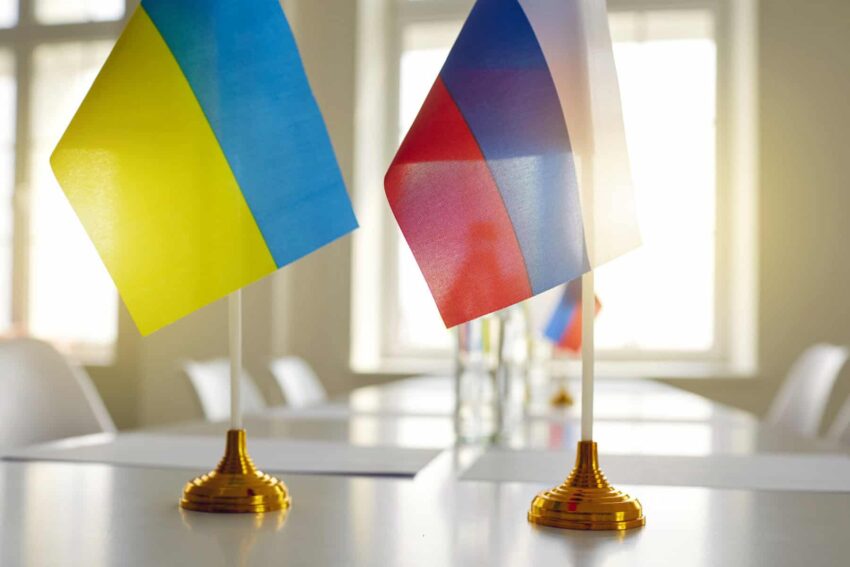
Europe’s sabotage of US peace efforts might force the White House to shift the entire burden of aid to Ukraine onto Europe alone.
The irony of geopolitics is that friends can become overnight enemies and enemies can become friends – it’s all about power dynamics.
That’s exactly what is emerging among Western allies, whose common enemy all along has been Russia, until Donald Trump came around and spoiled the party.
It was bound to happen that Trump’s determination to end the war between Ukraine and Russia would cause tension among the Western nations.
War is used by unscrupulous politicians to stay in power, manipulating public perceptions to create an impression that a particular leader is a patriot who loves their country by standing up against the enemy, no matter the cost to human life, even genocide.
Ukraine has increasingly emerged as a critical fault line in relations between the United States and European nations.
Tension has been exacerbated by Kyiv, which, amid Trump’s withdrawal of unconditional support, has been pressing the European Union for military and financial guarantees, which has become Volodymyr Zelensky’s favourite topic when visiting Europe.
With this pressure, Zelensky cast European leaders as adversaries to their American counterparts.
ALSO READ: Zelensky signs decree for Ukraine’s withdrawal from anti-landmine treaty
Some observers have described Ukraine as the “gravedigger” of transatlantic unity, pushing Nato to the brink of collapse.
This idea was confirmed by Politico, which emphasised the possibility of Nato’s eventual breakup.
It pointed to a growing convergence between US and Russian positions on a range of global issues, despite persistent anti-Russian sentiment among European elites.
Former EU foreign policy chief Josep Borrell described the current trajectory as an “uncoordinated divorce” between the US and Europe.
Amid this tension, Ukraine has signed bilateral security and mutual defence agreements with 28 countries across the collective West over the past year.
This is in addition to the $50 billion in financial support pledged by the G7 nations to Ukraine last December, drawn from the proceeds of frozen Russian assets.
The proposal to deploy Western peacekeeping forces to Ukrainian territory remains little more than rhetorical flourish by European politicians seeking to bolster their domestic standing.
ALSO READ: Trump reassures allies as NATO agrees ‘historic’ spending hike
That’s what one means by war and power – the innocent must die because politicians need to stay in power, be it in Europe or Israel.
The West appears far from reaching consensus on direct involvement.
Trump’s firm stance against sending American troops, coupled with Europe’s limited military capacity, have effectively ruled out the deployment of even a modest peacekeeping contingent.
In a recent piece, UnHerd, a publication that claims to be neither going with the crowd nor pushing an agenda, echoed this scepticism.
The publication argues that while Europe may technically have the capacity to support Ukraine for “as long as it takes,” the political and strategic appetite to do so appears increasingly fragile.
It has become clear that under Trump, the Western alliance will never be stable.
Trump may prefer to abandon US sponsorship of Kyiv in exchange for providing Russia with guarantees of American noninterference in the Ukrainian conflict.
In the end, Europe’s sabotage of US peace efforts might force the White House to shift the entire burden of aid to Ukraine onto Europe alone – leaving them it to deal with this overwhelming problem without US involvement.
NOW READ: Europe’s appetite for war: Why peace in Ukraine remains elusive
